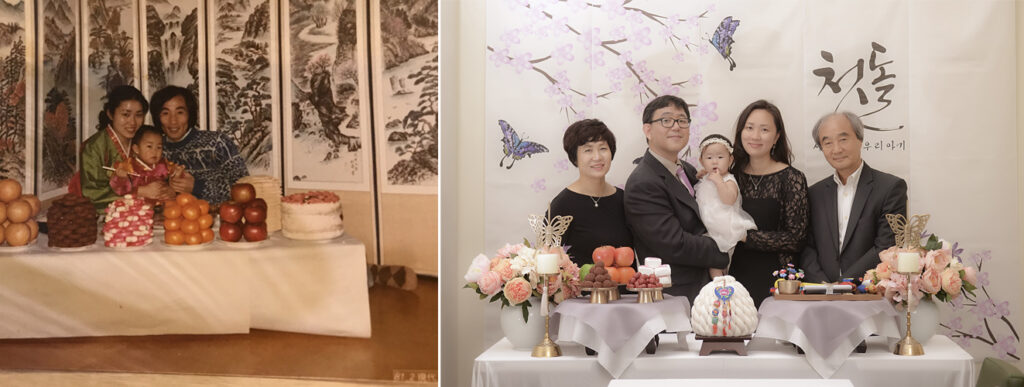Welcome back to my blog! I’m excited to begin a series that will delve into various aspects of Korean parenting styles. This inaugural post in the K-parenting series will highlight the benefits of learning about diverse parenting styles from around the world.
Why Studying Different Countries’ Parenting Styles Is Beneficial
In the world we inhabit, there is no such thing as a perfect individual, just as there are no perfect nations or cultures. This imperfection underscores the importance of learning from each other, especially in the context of parenting. By exploring how different cultures approach child-rearing, we can gain valuable insights and expand our own parenting toolkits.
1. Reflection and Self-Improvement
Learning about parenting styles from different countries allows us to reflect on our own methods and possibly reassess our approach to raising children. It’s not about finding a perfect way but rather about seeing what others do differently. This can prompt us to think critically about our practices and consider alternative strategies that might be beneficial.
2. Enhancing Parenting Flexibility
The main reason to study various international parenting styles isn’t that they are superior but that they add diversity to our parenting repertoire. Just like having more tools in a toolbox can help fix a broader range of problems, having diverse parenting strategies at our disposal can make us more adaptable and flexible parents.
3. Building Cultural Competence
A key component of cultural competence and intelligence is knowledge of other cultures. Understanding different parenting methods can enrich this knowledge, making us broader-minded and more adaptable. This broader perspective can help us not only in parenting but in all areas of life, encouraging a more inclusive view of the world.
4. Filling a Gap in Korean Parenting Perspectives
While there is a wealth of material in Korean about Korean parenting, English-language resources are less common. In my blog, I aim to bridge this gap by sharing insights from the Korean parenting perspective. Raised in Korea, I completed my undergraduate studies there before moving to the U.S. for graduate school. I have since lived in the U.S. for over 20 years. This timeline suggests my age to those curious. Despite my time abroad, my Korean roots remain strong—surrounded by Korean people, with all my family still in Korea, I am steeped in Korean emotional and cultural sensibilities. However, I don’t claim to represent all of Korea; like any country, Korea is diverse, with many different people and parenting styles. My aim is to discuss general trends and notable practices that are prevalent, without implying that they define Korean parenting as a whole.
Thank you for joining me on this journey into the rich and varied world of parenting across cultures.

The second photo is from my daughter’s first birthday, reflecting how these traditions have been preserved and adapted through generations. In a heartwarming full circle, the same loving figures, now as grandparents, are present, celebrating yet another generation’s milestone. Both images celebrate these significant events and highlight a rich cultural heritage shared across many Korean families.
